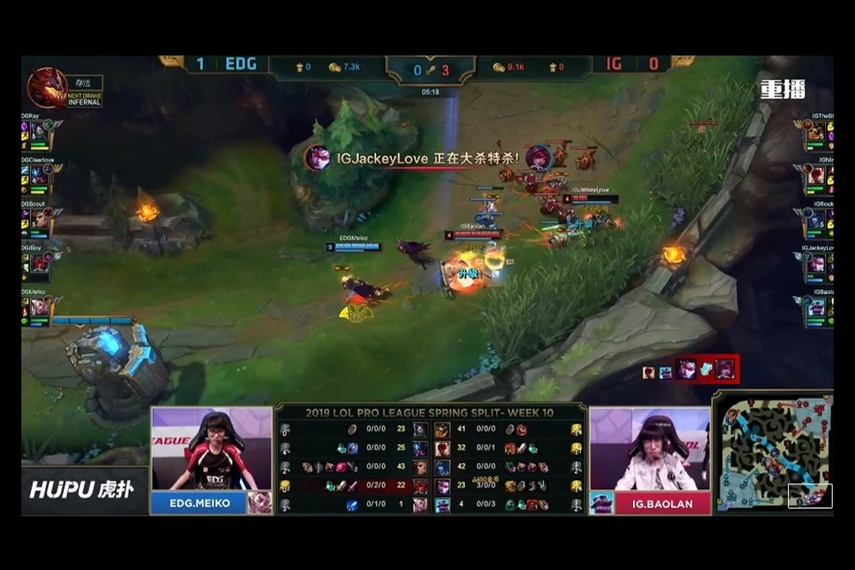
Please sign in or register
Existing users sign in here
Having trouble signing in?
Contact Customer Support at
[email protected]
or call+852 3175 1913
How can esports 'n00bs' (newbies) get in on the marketing action, so they can later say to themselves GGWP ('good game, well played')?

Contact Customer Support at
[email protected]
or call+852 3175 1913
Top news, insights and analysis every weekday
Sign up for Campaign Bulletins
Campaign content will run on TV networks around the world including India, Australia, and China.
Substantial planned media investments will be made in over 100 markets including Vietnam and India.
Empathetic, strategic, and results-driven are just some of the qualities that define Lee, who is committed to driving growth, fostering inclusivity, and shaping the future of the ad industry beyond Society.
The gender gap in leadership isn’t about a lack of talent but rather about workplace biases, flawed hiring practices and rigid expectations. Marico’s Somasree Awasthi talks to Campaign on what needs to change and why companies can’t afford to wait.